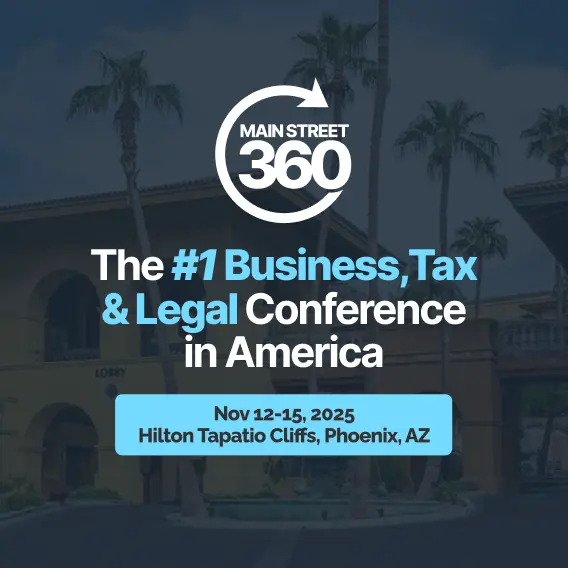Every week our firm gets call from clients around the country who have lost money by investing with friends, family or neighbors they trusted—but who were not licensed to sell securities or did not properly document the relationship as a partnership.
Many of these new clients have given someone a short-term, high-interest loan with a promissory note that has not been repaid. Others have invested money with someone who claimed to be achieving spectacular returns from investing in real estate, commodities, or foreign currency. Some invested into these ‘projects’ directly out of their retirement plan and wonder if now ‘all is lost’.
Nearly in every case there is a guarantee of unusually high returns with no risk, and of course, they have never missed a payment. However, by the time they call our office, the money is gone, their calls are being ignored and they want legal advice on what to do next.
A quick search into the ‘promoter’ usually uncovers bankruptcies, or judgments that were not disclosed by the person who took the money, and sometimes even absolute aliases and fraud. We explain that in many cases the Courts will consider these investments as securities and therefore we may be able to involve federal or state authorities to prosecute under securities fraud, but having a ‘bigger stick’ doesn’t mean you will always get your money back either.
In the worst cases, people have borrowed money against their own homes, or used their retirement plan in order to fund these risky loans or investments in anticipation of higher returns, but now their ‘nest egg’ is gone.
Hindsight is 20/20
Investing with people you know or how seemingly have a great reputation or tract record may be comforting, but it has no bearing on whether an investment is sound, or the documentation to protect you is sufficient. We can’t emphasize enough the importance of investigating each investment opportunity thoroughly, the people involved, AND setting aside your relationship or friendship during the process.
In fact, we would recommend investing with people you do not know personally; it takes the emotion and friendship out of the equation and helps you to focus on the merits of the opportunity. The important benefit of this rule of thumb, is then when things get nasty or go bad, you will not hesitate to aggressively protect your interests.
Most people don’t like to sue their family and friends—it makes family reunions, local sporting events, neighborhood parties and church functions too uncomfortable. We would encourage you to think about this ugly feeling and follow your ‘gut’ before investing or doing business with someone you would hesitate filing a lawsuit against.
Now does that not mean you don’t invest with these close friends and associates every time? No, but I just want to make sure you go into the project with your ‘eyes wide open’. If you feel you could never sue this person or wouldn’t even involve an attorney to send them a nasty letter; then make sure you document everything more carefully on the front end so it reduces the chances of a problem later. Ironically, we see people use less documentation when its friends and family, and that’s when they should use more.
Moving Forward
As with any investment opportunity, it is crucial you do your homework before investing or lending to anyone you know. Always bring up the topic of ‘securities law’ and whether or not you should be asking for a ‘private placement memorandum’. Use your attorney to bounce off the legal structure of what you are doing. As for financials, budgets and prospectuses as to what the future might hold, and most importantly: make sure you get security or collateral for investing in a project in which you do not have control or management decision making authority.
I am constantly amazed how many people will loan hundreds of thousands of dollars to their neighbor without getting anything in writing or security. I just hear the constant excuse, “I didn’t want to hire a lawyer because it was too expensive or I didn’t have a lawyer I trusted”.
Beware of guarantees, aggressive sales pitches, requests for secrecy and people need money urgently. Ask the hard questions before you hand over your money, not after. And although referrals are good, just because others have made money with this investment fund, does not mean you will too. Just ask folks who invested with Bernie Madoff.
If you are considering a new partnership or investment and haven’t ‘ran it by’ your attorney, or don’t have an attorney you can trust. Please give us a call for a consultation and set a budget before you even get on the call or meet in person with the attorney. It doesn’t always have to be ‘expensive’ to have a second pair of eyes look at your project and what you are trying to do. Your hard earned investment is too valuable to shoot from the hip and trust someone on a handshake or email.
In summary, if you going invest with others PLEASE have someone look at the documentation and your potential risks of losing your investment. A lawyer won’t tell you if the investment is ‘good or bad’, but whether it is documented properly and you’re protected if it doesn’t perform like expected.










